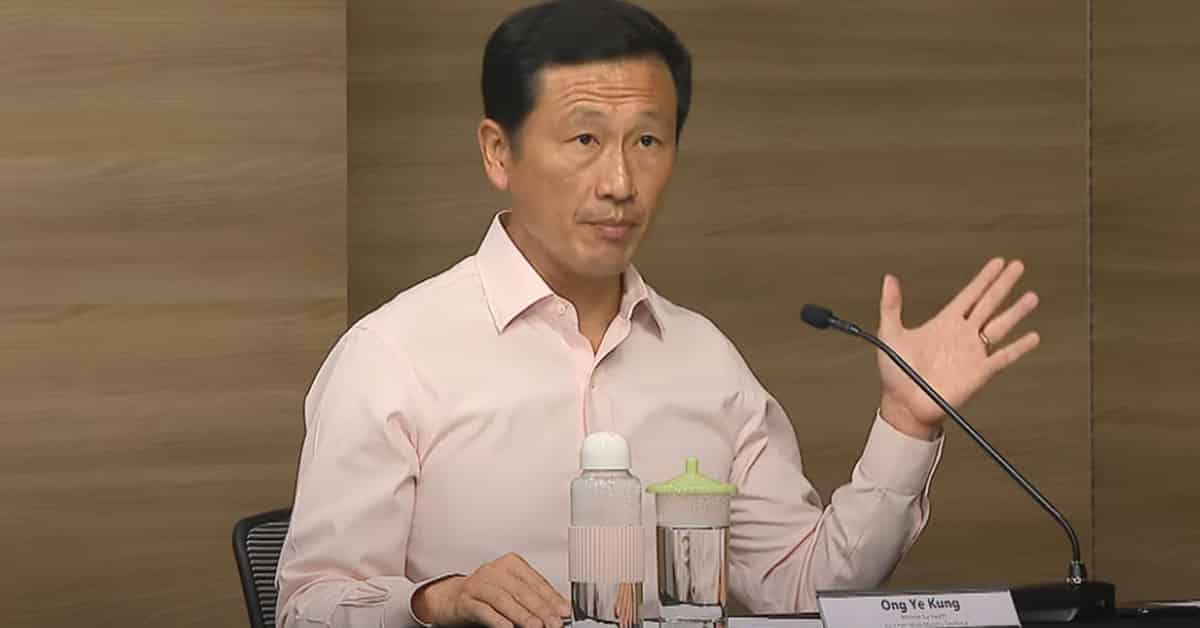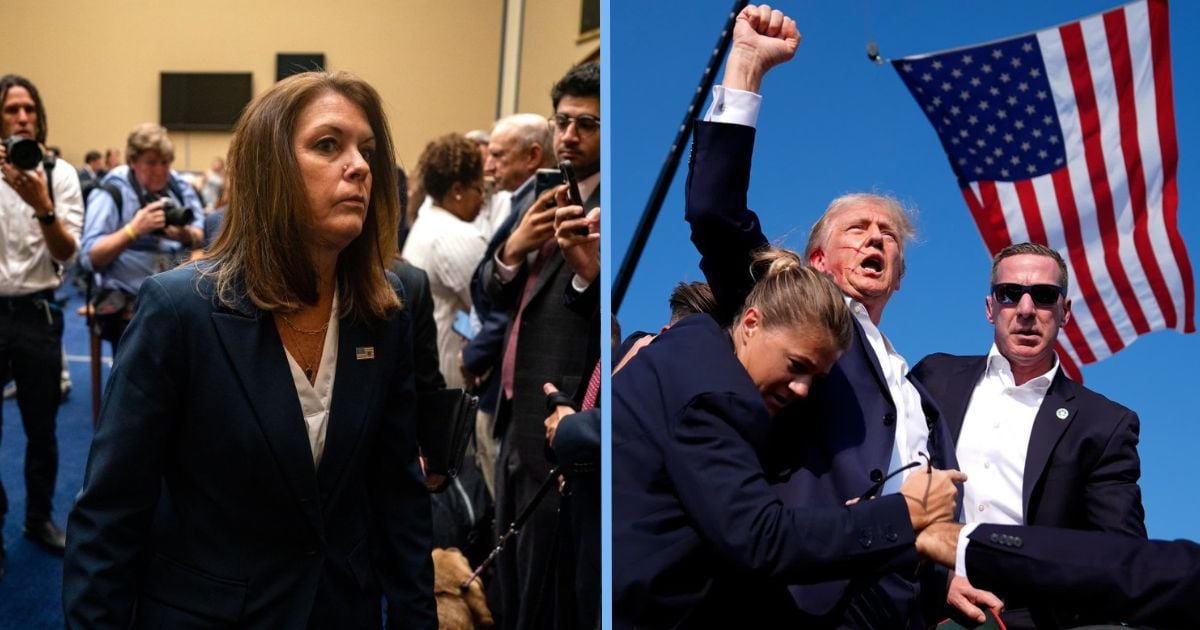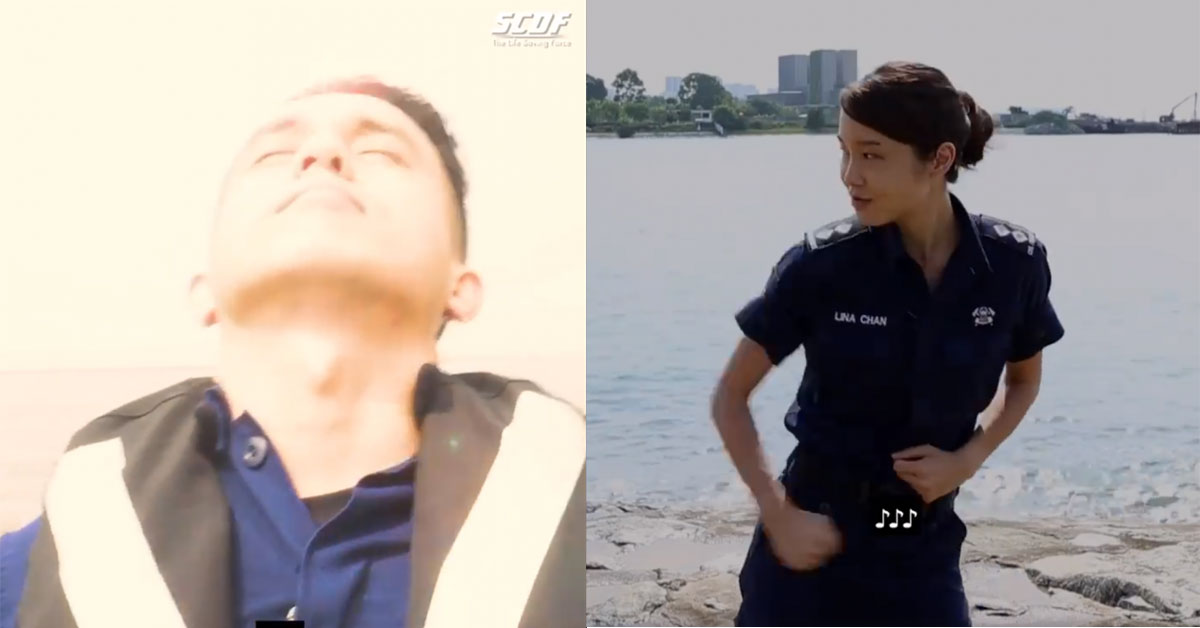Lest you’ve forgotten, today’s the day that more measures are being eased.
This, of course, means that up to 50% of employees who can work from home can now work in the office.
But the dine-in rules remain the same.
Nevertheless, the situation has remained stable so we’re on track to live with COVID-19.
Here are the key updates mentioned in today’s press conference.
Decline in Cases Since 22 July
If you read the daily reports religiously, you’d know that there has been a downward trend in the number of daily cases.
As of 17 August 2021, the number of new local cases has halved from an average of 123 cases per day about two weeks ago, to 63 cases per day in the past week. For the past two weeks, the number of cases that were isolated before detection has remained stable at around half of the total cases detected, while unlinked cases similarly remained stable at around a quarter of the total cases.
In addition, as of 17 August 2021, 77% of our population has completed their full regimen/ received two doses of COVID-19 vaccines, and 82% has received at least one dose.
In other words, we’re doing well.
Piloting Home Isolation as a Care Model for Fully Vaccinated COVID-19 Patients without Severe Symptoms
Recovering from COVID-19 might soon be akin to recovering from chickenpox.
MOH will be piloting a home-centric care model for the management of COVID-19 patients with mild or no symptoms, thus requiring minimal supportive care. However, they need to have a suitable home setting, where they can be isolated from the rest of their household.
The Home Isolation model pilot will only be for medically stable COVID-19 patients from 30 August 2021, and the initiative will be started in a risk-calibrated, phased manner.
The patients and their household members must both be fully vaccinated and must not belong to any vulnerable groups, such as the elderly or immunocompromised. This is in line with the recommendations of the World Health Organization (WHO) and the best practices of other developed countries.
These patients will spend the first few days in a medical facility, before moving to home isolation. By then, the viral loads of vaccinated patients would have dropped.
Household Members Also Need to Stay Home
During Home Isolation, the patients and their household members are required to remain in their place of residence, and this will be tracked through electronic monitoring and surveillance checks through phone calls.
The patients will be closely monitored for their health and safety during this time and will be provided with access to 24/7 telemedicine services. They will also be subject to a Polymerase Chain Reaction (PCR) swab on the ninth day of illness to determine if they could be discharged from isolation, provided their swab result is negative or if they carry a very low viral load.
All household members will need to be fully-vaccinated, come under home quarantine, and also be placed on a daily Antigen Rapid Test (ART) testing regimen for early detection of potential infection.
Countries Will be Classified in 3 Categories Based on COVID-19 Status
As a first step to reordering our borders, MOH will now classify countries, each with differentiated border measures, premised on a traveller’s 21-day travel history prior to their entry into Singapore.
And yes, there’s one category whereby no SHN is required.
Category I
Travellers from countries/ regions in this category can enter Singapore without having to serve a Stay-Home Notice (SHN). They will only be subject to an On-Arrival COVID-19 PCR and if negative, will be allowed to go about their activities. This would include countries/regions such as Mainland China (excluding Jiangsu province), New Zealand and Taiwan today (19 August).
From tomorrow, 2359 hours onwards, Hong Kong and Macao will also be added to this category.
Yes, Hong Kong. Finally.
Category II
Travellers from countries/ regions in this category will be required to undergo a 7-day SHN, which can be served at their accommodation of choice. Singapore Citizens, Permanent Residents and Long-Term Pass Holders may serve their 7-day SHN at their place of residence, if conditions are suitable.
Currently, only Mainland China (Jiangsu province) is in this category. However, Australia, Brunei, Canada and Germany will be in this category from tomorrow, 2359 hours.
Category III
Unvaccinated travellers from countries/ regions in this category will be required to undergo a 14-day SHN at dedicated SHN facilities. Travellers who are fully vaccinated may apply to opt out of dedicated SHN facilities and serve their 14-day SHN at a suitable accommodation of their choice, if they fulfil certain criteria.
Currently, Austria, Italy, Norway, the Republic of Korea and Switzerland are in this category. Belgium, Denmark, Japan and Luxembourg will be added to this category from tomorrow, 2359 hours.
Category VI
Travellers from all other countries/ regions (except Bangladesh, India, Myanmar, Nepal, Pakistan and Sri Lanka, where entry is currently not allowed) will be required to undergo a 14-day Stay-Home Notice (SHN) at dedicated SHN facilities. Travellers will also be required to comply with a testing regime.
Vaccinated Travel Lanes
Other than the new classification framework, the authorities will be implementing a new Vaccinated Travel Lane (VTL) to facilitate fully vaccinated persons to travel into Singapore under reduced border measures.
For a start, this will be for travellers from Brunei and Germany.
In lieu of SHN, these vaccinated travellers under the VTL will undergo multiple COVID-19 PCR tests, including a pre-departure PCR test within 48 hours of their scheduled departure for Singapore, an on-arrival PCR test upon arriving in Singapore, and two additional PCR tests on Days 3 and 7 of their stay in Singapore (if they have not left yet).
The number of VTL travellers will be limited by available flights dedicated to the scheme. VTL travellers must also travel on non-stop designated flights to Singapore.
And one more thing:
Application Required for Vaccinated Travel Lanes
Prior to travelling to Singapore, short-term visitors and Long-Term Pass holders who wish to travel under the VTL will need to apply for a Vaccinated Travel Pass between 7 and 30 days before their intended date of entry into Singapore.
Applications for the VTP will start from 1 September 2021 for travel into Singapore from 8 September 2021. Returning Singapore Citizens and Permanent Residents who are vaccinated will automatically qualify and will not need to apply for the VTP in order to travel under the VTL.
The Civil Aviation Authority of Singapore will provide more details.
Tamper-Proof Vaccination Stickers on Passport of Travellers
With these new rules, you can bet that we would finally be seeing more foreigners on the streets, but how do we now if they’re vaccinated so that they can dine in with us?
Simple. Stickers.
From 20 August 2021, 2359 hours, the Immigration and Checkpoints Authority (ICA) will issue a tamper-proof vaccination sticker to be affixed onto the passport of newly arrived travellers who were fully vaccinated overseas with a WHO-Emergency Use Listing (EUL) vaccine, and who can furnish a valid, English-language vaccination certificate.
These travellers will be eligible for vaccination-differentiated safe management measures if they produce their passport with the valid tamper-proof sticker affixed. To obtain this sticker, travellers should produce their English-language vaccination certificates to ICA officers at the Singapore immigration checkpoints upon arrival.
By September, the IT systems will also be enhanced so that travellers, upon verification of their eligible vaccination status at entry, will also be recognised by the SE Biz App through their TraceTogether Apps/Tokens to be eligible for vaccination-differentiated safe management measures without needing to go through PET.
I can almost smell tourists now.
So yes, if you think about it, today’s updates are primarily about border controls.
Which of course means one thing: normalcy is coming.
Read Also:
- 32 COVID-19 Cases Today (19 Aug); 29 Are Community Cases With 13 of Them Unlinked
- Dee Kosh Faces 7 Charges, Including 3 for Commercial Sex with a Minor Below 18
Featured Image: YouTube (CNA)



